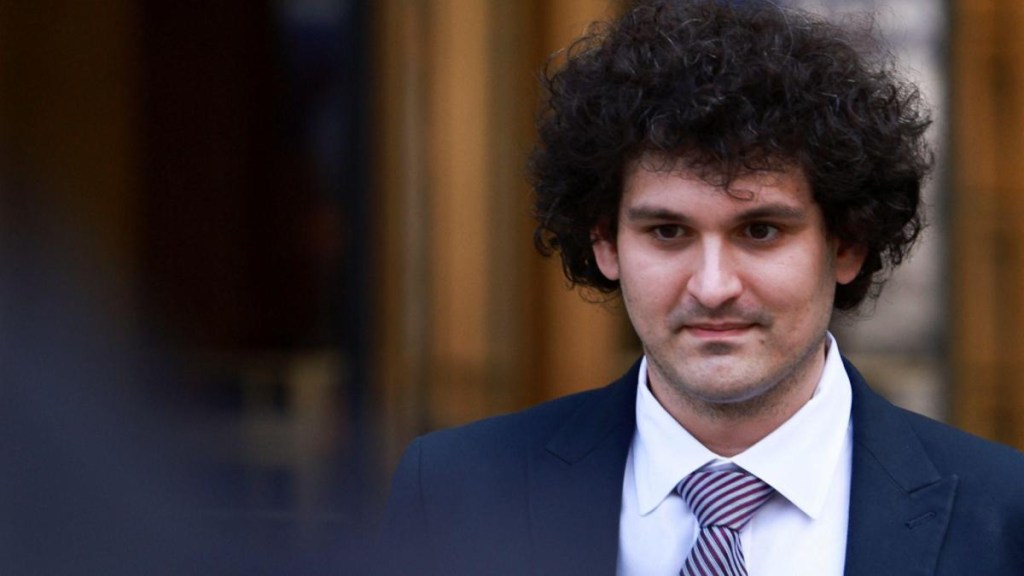Former billionaire and founder of now bankrupt FTX cryptocurrency exchange, Sam Bankman-Fried, received a 25-year prison sentence on Thursday for stealing $8 billion from customers, marking the climax of his remarkable rise and fall.
US District Judge Lewis Kaplan delivered the verdict in a Manhattan court, dismissing Bankman-Fried’s assertion that FTX customers hadn’t incurred losses and accusing him of deceit during his trial testimony.
The 32-year-old faced charges of fraud and conspiracy following FTX’s 2022 collapse, branded one of the most significant financial scams in US history. “He knew it was wrong,” Kaplan remarked, attributing the sentence to Bankman-Fried’s flagrant disregard for ethical and legal boundaries.
Sam apologises to FTX customers in court
Dressed in a beige jail t-shirt, Bankman-Fried stood somberly as Kaplan pronounced the sentence, offering apologies to both FTX customers and former colleagues during his address to the judge.
Once touted as an entrepreneurial prodigy, Bankman-Fried’s journey from tech magnate to convicted felon underscores the US government’s intensified scrutiny of cryptocurrency malfeasance. Despite his MIT credentials and philanthropic endeavors, Bankman-Fried’s facade crumbled under the weight of embezzlement allegations.
Effective altruism movement and political donations
From amassing a $26 billion fortune to becoming a symbol of crypto market misconduct, Bankman-Fried’s fall from grace shocked many. His association with the effective altruism movement and substantial donations to Democratic causes provided a veneer of respectability that concealed his fraudulent activities, according to prosecutors.
While Bankman-Fried plans to appeal the verdict, his legacy remains tarnished, and FTX customers face the bitter reality of recouping their losses based on outdated cryptocurrency valuations. As they grapple with the aftermath of FTX’s collapse, questions linger about accountability and investor protection in the volatile world of digital assets.

